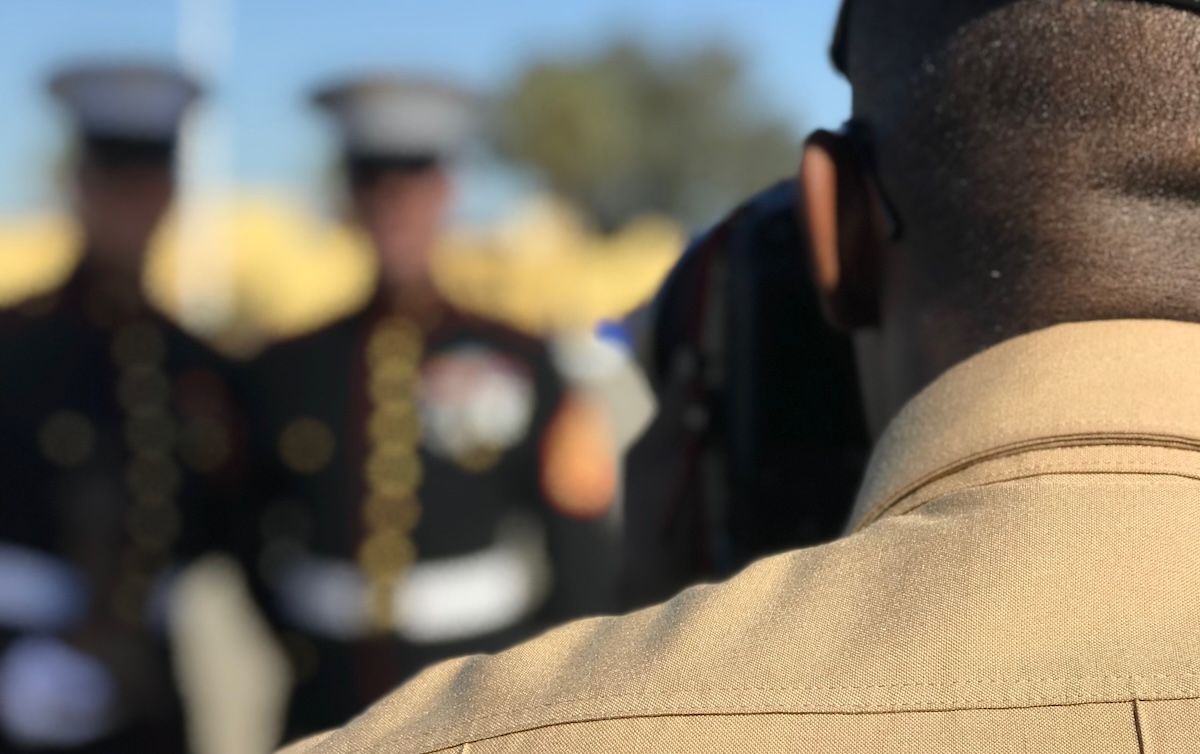Research shows that the rate of problem gambling among military personnel is 3.5 times higher than among civilians. The situation is more dire for certain individuals, as studies have found that veterans in treatment for PTSD may be as much as 60 times more likely to have a gambling problem as age matched members of the general population. In light of information such as this, Kindbridge has made it our mission to provide a platform for valued servicepersons to get help via online counseling and therapy. However, gambling operators are able to leverage these propensities and lax regulations to create highly targeted marketing campaigns. Consequently, there is limited regard to the mental health of valued servicepersons, beyond footnotes about Responsible Gambling.
Results from a recently published study, discussed in the next section, have us asking some questions. Do gambling operators harness these propensities and exploit regulations to craft laser-focused marketing campaigns? Is the mental well-being of our valued servicepersons merely relegated to footnotes on Responsible Gambling, with limited consideration? Do data brokering services provide a window into the personal health and gambling habits of our veterans that casino marketing campaigns end up exploiting, whether intentionally or unintentionally? Either way, we now know they could be receiving information that suggests there may be a gambling problem with the veteran, so what are they doing about it?
Casino Player Acquisition Practices to Indicate Regulators Aren’t Doing Enough to Prevent the Targeting of Military Personnel
Data Miners Selling Data on Military Gambling Activities to Marketers
On November 6th (2023) researchers from Duke University released a report unveiling that data brokers have been collecting U.S. service members’ personal information and selling this information to marketers. Targeted parties include active-duty military members and veterans. Information collected and sold includes non-public, individually identified, and sensitive data along with information about their finances in addition to mental health. One data set in particular caught the attention of researchers, and concerns are spreading fast since the release of the report:
“He said some data sets included a column labeled “casino,” which his team was unable to get an explanation for but may be related to gambling history.”
The Record
“For $0.12 per record, researchers got to know if 5000 service members and veterans have an interest in gambling and casinos“
CyberNews
“Foreign and malign actors could use location datasets to stalk or track high-profile military or political targets […] These movements could reveal sensitive locations — such as visits to a place of worship, a gambling venue, a health clinic – which again could be used for profiling…“
Military.com
Marketing Campaigns Aimed Directly at Veterans
The timing of this article coincides with the arrival of Veterans Day (November 11) which allows readers to reference a wide number of casino promotions being aimed at veterans and active servicepersons. They are being lured into casinos throughout the U.S. with free buffets and discounts to be used at on-site gift shops, at which point they are expected to stay and play. It’s important to note that military-focused marketing campaigns span beyond the day of recognition. For instance, Caesars casino offers an ongoing Military Caesars Rewards Card. There is a long list of programs offering military discounts on casinos across the U.S. and overseas.
Perhaps these operators aren’t aware of veteran vulnerability to gambling addiction? If so, would they end veteran targeted campaigns upon learning this information? Or is it even their responsibility to make that decision? That’s a discussion for another day. At least some regulators are taking notice. For example, the Massachusetts Gaming Commission has an eye on marketing practices as they pertain to vulnerable populations, veterans included:
“To promote safe and healthy gaming messages and ensure advertising materials are culturally appropriate, we recommend mandatory training for casino hosts and key positions identified with involvement in advertising or marketing. The training would include an emphasis towards communities considered at higher-risk of experiencing gambling related harms. The Commission may wish to consider the Massachusetts’ Culturally and Linguistically Appropriate Services (CLAS), for the purpose of ensuring diversity and inclusion including, but not limited to race, gender, age, sexual orientation, education, ethnicity, socio-economic status, and veteran status.”
Casinos Established Near Military Bases on U.S. Soil
Data shows that there is a large volume of monthly online searches occurring for land-based casinos near U.S. military bases. The economics of demand and supply appear evident, as land-based casinos have been built within near proximity to the 5 largest U.S. military installations in America, including Fort Liberty (NC), Fort Campbell (KY), Fort Hood (TX), Joint Base Lewis-McChord (WA), and Fort Moore (GA).
Casinos Established Near U.S. Military Bases on Foreign Soil
In a recent feature on U.S. Army veteran David Yeager, a recovering gambling addict and major proponent for problem gambling support for US servicepersons, it was disclosed that Yeager’s gambling addiction formed while stationed at a U.S. base overseas. Like with bases on American soil, land-based casinos have been built near military installations around the world. In Yeager’s case, Paradise Casino Walkerhill (Seoul, Korea) was a short train ride away from Camp Humphreys, and catered specifically to foreigners with military personnel being among the operator’s key player bases. This is just one example of U.S. military installations around the world that offer military personnel easy access to gambling establishments. This concern is compounded by the fact that the U.S. Department of Defence (DoD) operates thousands of slot machines on its own international U.S. bases. If the DoD is doing it, how can anyone expect other operators to back off, despite the data regarding military personnel and gambling disorder?
Our mission, is to be there for vulnerable veterans and active servicepersons to provide support. If you are a veteran or active member of the military in any capacity, and have been struggling with your mental health, please reach out to Kindbridge Behavioral Health right away.
Concerned Veterans, Military Personnel, and/or Related Organizations:
CALL +1 (877) 426-4258
OR


